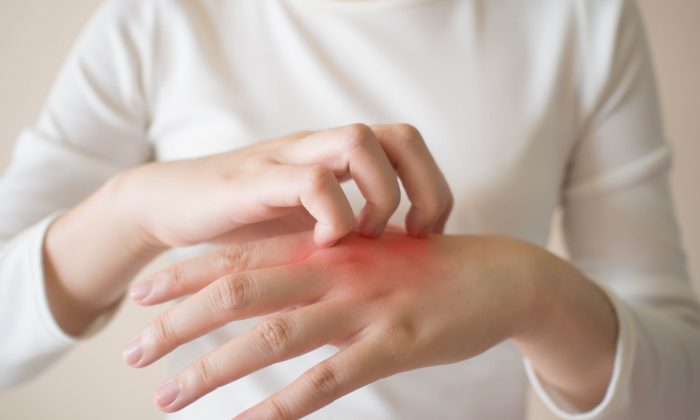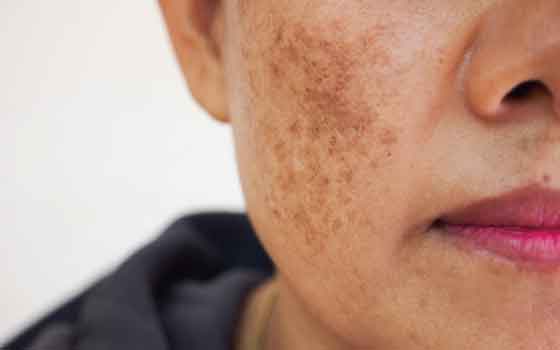A bruise happens when the blood vessels just beneath the skin break and lead to leaking of the blood in the surrounding tissues.
It is commonly caused by an injury like fall or bumping into something. It can also be a result of muscle strains, ligament sprains or both.
There are few medical conditions such as low level of platelets and blood clotting disorders such as thrombocytopenia, that make the body prone to bruising. Also as a person ages, the body becomes more prone to get bruised as there is less fat under the skin.
Along with bruise, there is pain and soreness at the site of injury. The bruise is known to change color from red to purple and brown to yellow. In some, the bruise is also known to itch, and the reason is not clearly known.
Though unclear, but certain medical conditions such as leukemia and liver disease can lead to bruising as well as itching on the skin. Also, excessively scratching on itching can cause a bruise.
What Causes A Bruise To Itch?
If there is no underlying medical condition and the bruise itches as it heals, the reason is not clear. The theories include:
If you have dry skin and you do not moisturize it, then the bruised area could get irritable and itchy.
Red cells break down to release a compound known as bilirubin. If present in high levels, bilirubin can cause itching.
The circulation increases to the damaged area, as it is needed to assist the removal of waste products and renew cells. Itching of skin on the bruised area could be a sign of increased circulation. It could also be related to the response of nerves to increased circulation.
- There is also an increase in histamine levels due to inflammation of the area. This can also cause itching.
- Dry skin causes itching. Dry skin can be a result of medical conditions like diabetes and kidney disease, or by living in a cold and dry climate.
- Older people tend to bruise easily and are also prone to have dry and itchy skin.
Bruise and Itching Along With A Rash Or A Lesion
If a bruise is caused by scratching of a rash, a lesion or a lump caused by some other reason, it tends to itch as well.
Bug Bite
Insect bite such as a mosquito, fire ant, tick, or a flea bite, itches very badly, making you scratch the area excessively. This is due to the venom or the protein injected by the insect into the skin.
Scratching too hard can injure the skin and cause bruising. The bruised area continues to itch until the body’s reaction to the bite stops.
Leukemia
Excessive itching and a bruise that does not heal along with itching can be a sign of leukemia.
Breast Cancer
The inflammatory breast cancer might look like a bruise on the breast. It can be tender and warm. There would be itching in the breast especially near the nipple.
Liver Disease
Liver diseases such as liver cirrhosis and liver cancer can lead to itchy skin and bruising.
Other symptoms of liver disease include:
- Unexplained weight loss
- Yellow skin and eyes
- Abdominal pain and swelling
- Dark urine
- Nausea
- Vomiting
- Deep yellow Urine
Itchy Bruise Treatment
If itching on the bruise is caused due to dryness of the skin, the following ways could be helpful:
- Moisturize the skin everyday
- Avoid hot showers as it dries up the skin
- Use mild soap or body wash
- Use humidifiers to add moisture to the air
- Avoid scratching of the area
If bruising and itching is a side effect of any medication consulting a doctor would help.
If itching and bruise are due to an insects bite:
- Use topical anti-itch cream
- Use antihistamines
- Take oral pain relievers
- Paste of baking soda and water if applied to the bite can also help
Avoid scratching the bite area as it can cause breaks on the skin and infection. A cold compress can be applied to the skin as it would help with the swelling and pain.
Why a bruise itch is not backed up with many theories. If it itches as it heals, is likely no cause of concern. If there is any medical condition causing itchy skin and bruise see the doctor to get treated for the condition.



